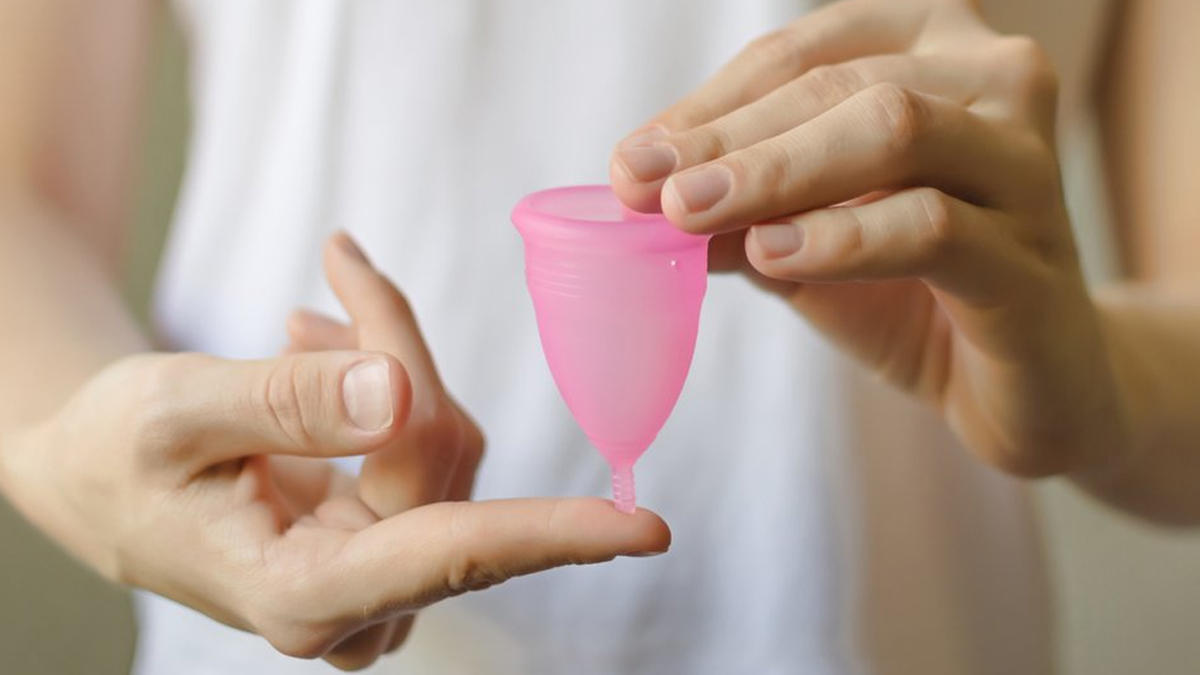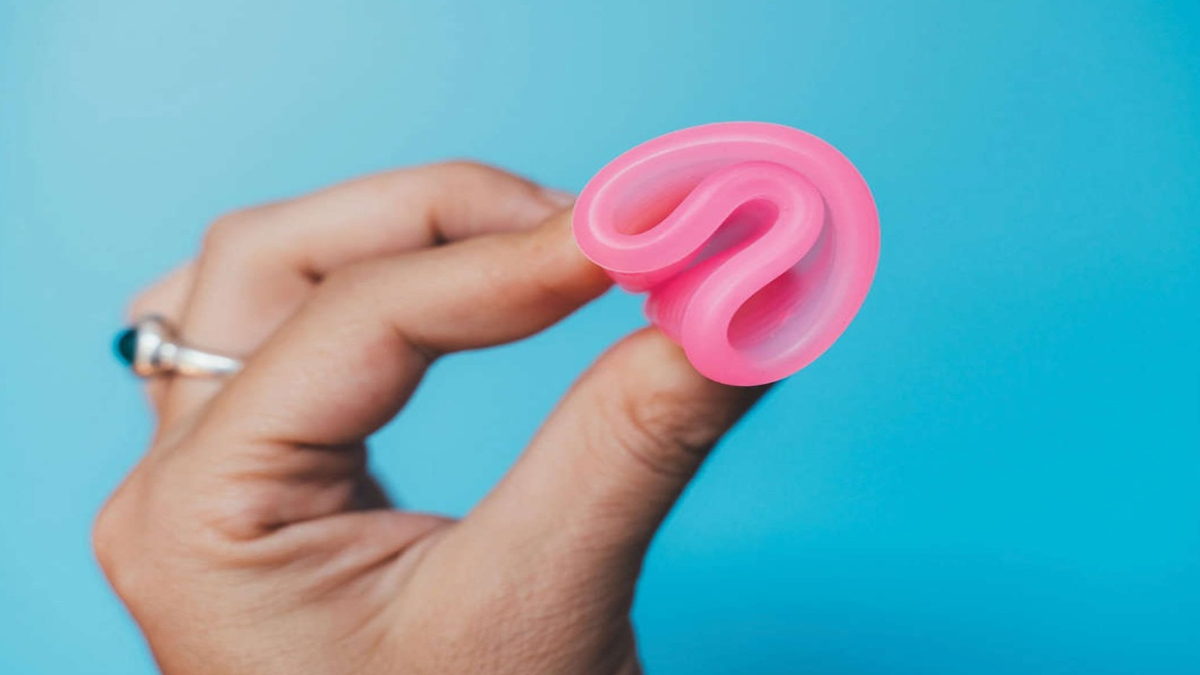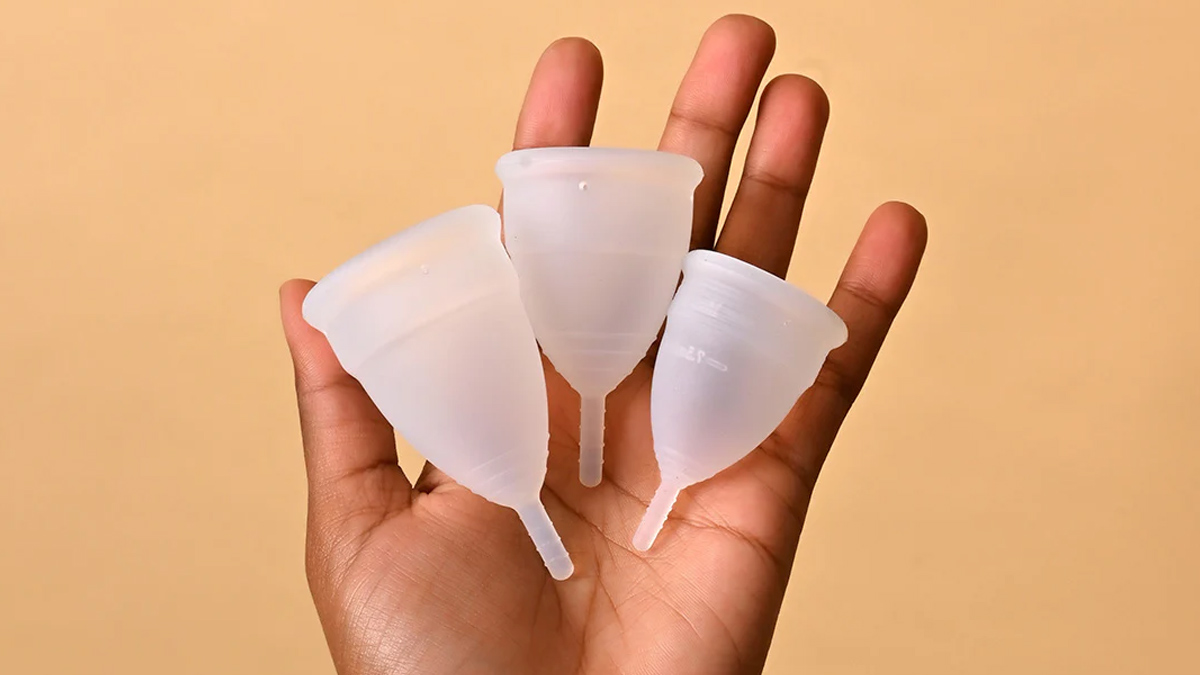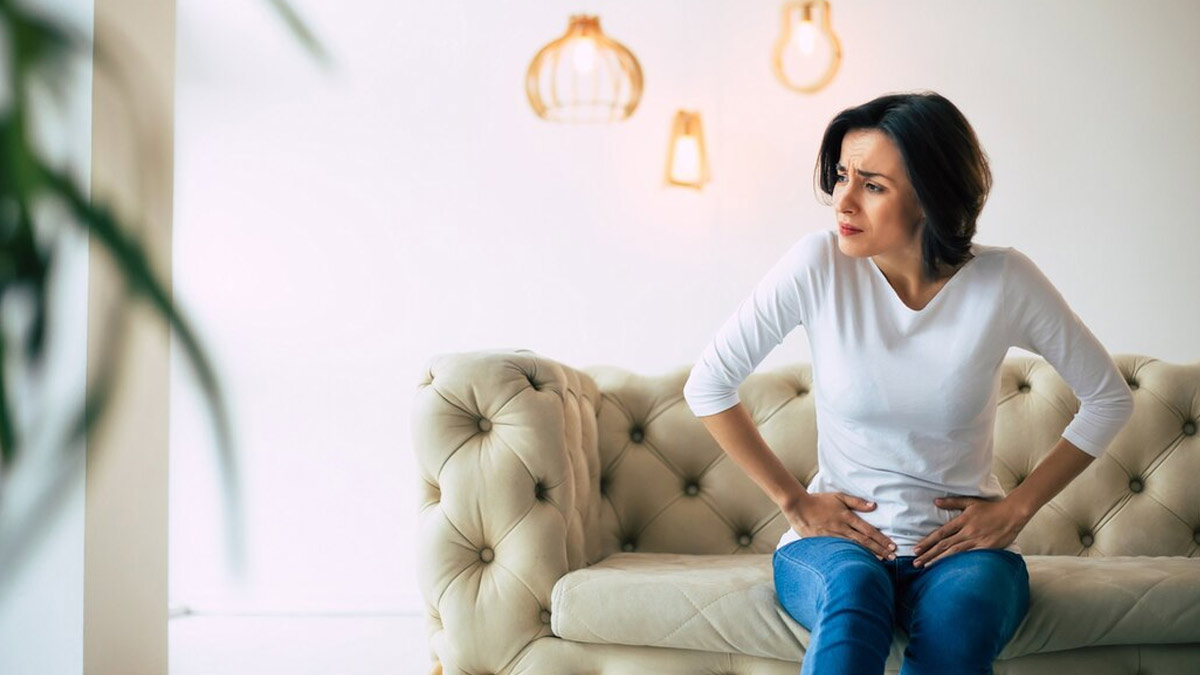Doctors Warn Ill Fitting Menstrual Cups Could Pose Health Risks Including Kidney Issues
Doctors warn that ill-fitting menstrual cups may lead to health risks, including kidney issues. Learn about correct usage, sizing, and expert tips for safe menstruation.
Doctors recently reported a case of a woman in her 30s who suffered from intermittent pelvic pain and blood in her urine for months. Initially, she did not associate these symptoms with her menstrual cup use. However, medical examinations revealed that the misalignment of the cup had caused pressure on her ureters—the tubes that transport urine from the kidneys to the bladder. This compression led to temporary kidney complications.

Although this condition is rare, Danish doctors cited in the British Medical Journal (BMJ) have emphasised that improper positioning of menstrual cups can impact nearby organs. Fortunately, the patient made a full recovery after discontinuing the use of the cup and receiving appropriate medical care. Experts, however, warn that correct positioning and choosing the right size are crucial to prevent such complications.
A menstrual cup that is too large or incorrectly placed can put pressure on surrounding structures in the pelvic region. In extreme cases, prolonged pressure on the ureters can cause urine retention, leading to kidney-related issues. Doctors stress the importance of detailed instructions on cup usage since these products are often purchased without medical consultation.
"Correct positioning, along with choosing the appropriate cup shape and size, is essential to avoid negative effects on the upper urinary tract," medical professionals warn.

Menstrual cups are made from medical-grade silicone or rubber and can hold around 20 to 30ml of menstrual blood. When inserted properly, they create a suction seal, preventing leaks while ensuring comfort. However, improper insertion and removal can lead to complications. Here are some guidelines to ensure safe use:
- : If you experience persistent pelvic pain, difficulty urinating, or unusual discomfort, consult a healthcare provider to rule out any complications related to cup use.

Women who have recently had an intrauterine device (IUD) inserted should be particularly cautious. The suction from a menstrual cup can potentially dislodge an IUD. If the IUD threads are not detectable or if the cup removal feels unusual, seeking medical advice is recommended.
For those who struggle with using menstrual cups, menstrual discs present an alternative. Unlike cups, these are worn higher in the vaginal canal, just below the cervix, and may be a more comfortable option for some users.
While menstrual cups remain a safe and sustainable option for most users, it is essential to prioritise proper sizing and placement to avoid any adverse health effects. Consulting a healthcare professional for guidance and paying attention to one’s body signals can ensure a comfortable and risk-free menstrual experience. If any discomfort arises, seeking medical advice promptly can help prevent serious health complications.







-1743402894395.png)



